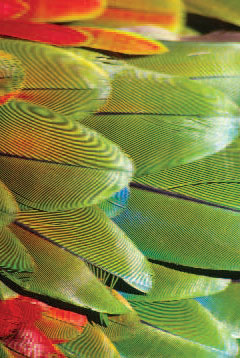

Outdoor Science Working Group Seminars
Getting Practical is supporting the Outdoor Science work of the ASE and it's Outdoor Science Working Group. This group is working as part of the Real World Learning Partnership. The Partnership was founded in 2003 to influence decision makers, support teachers and increase participation in out-of-classroom learning. members include the Field Studies Council, RSPB, Royal Geographical Society, Geographical Association and the National Trust.
Role of Assessment seminar - 17th May 2010, Cambridge University Botanic Garden
A group of around 25 science education specialists including teachers and science educators with an interest in how the assessment process works attended the seminar.
Speakers from a variety of organisations shared their thoughts on specific aspects of Outdoor Science throughout the day. Those presenting included:
Ros Roberts (University of Durham) - Some lessons from researching practical science summative assessment
A summary of the Concepts of Evidence and suggestions for ‘mapping’ assessment items
Using different types of practical within a problem-solving model of science
Robbie Nicol (University of Edinburgh) - Beyond the classroom
David Slingsby (Editor of the Journal of Biological Education)
A range of questions were addressed during the seminar tackling topics such as:
1. How can outdoor learning be promoted through assessment?
2. How can we prevent assessment being a barrier to outdoor learning?
3. How can good practice in assessment be supported and developed through outdoor learning?
4. What changes to the curriculum and assessment are needed to enable teachers of STEM subjects to work together beyond the classroom (in partnership with other providers/institutions)?
5. How do we identify and build on existing good practice in terms of learning STEM outside the classroom?
6. What can we learn from assessment research in the UK and elsewhere about effective teaching beyond the classroom and how we implement transferable solutions into mainstream STEM educations?
7. To what extent should the STEM subjects be encouraged to work together and what role could assessment play in this?